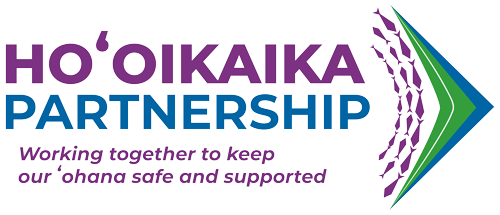
Reporting Child Abuse
Know the Signs
Know the Signs and learn what to do if a child discloses abuse to you. The Hawai’i State Chapter of Children’s Justice Centers offers guidelines for how and when to report child abuse and neglect.
Any person who believes that a child has been or may be abused and/or neglected can report their concerns to CWS or the local police department.
If you have any suspicion that a child may be a victim of abuse neglect or is at risk of abuse or neglect, please be pono – do the right thing and report.
To report suspected abuse or neglect in Maui County or any other neighbor island, please call the Child Abuse and Neglect reporting line 888-380-3088 (available 24 hours a day, 7 days a week).
Mandated Reporters
The law requires certain individuals to report child abuse and/or neglect. These mandated reporters include doctors, nurses, people in other health-related professionals; employees or officers of schools; employees in social, medical, hospital, or mental health services, including financial assistance; employees or officers of any law enforcement agency; and individual providers or employees or officers of any child care facility. The police or child welfare services will walk you through the process on how to make a report. To make sure you are prepared, please read the CWS Guide for Mandated Reporters and watch the video “Mandated Reporting – You Must Report It.”

